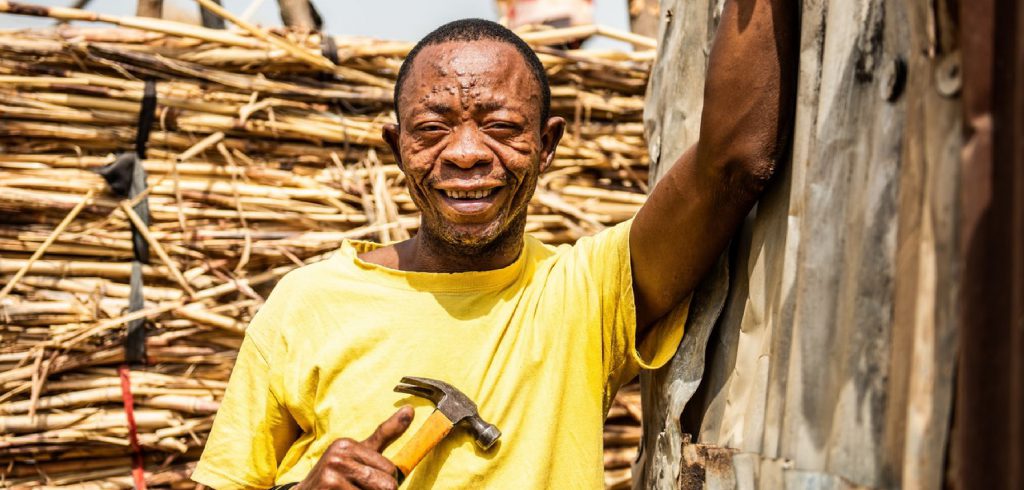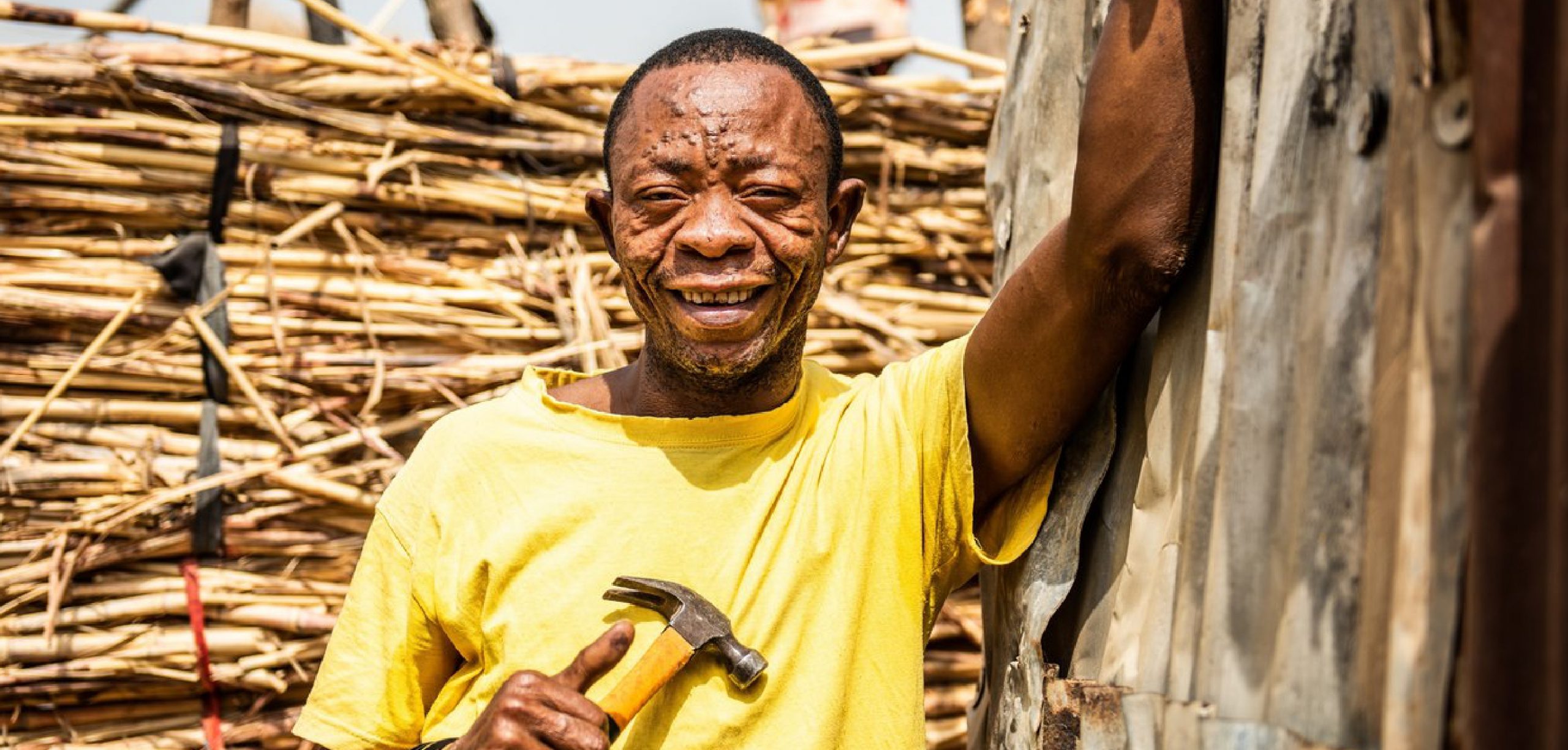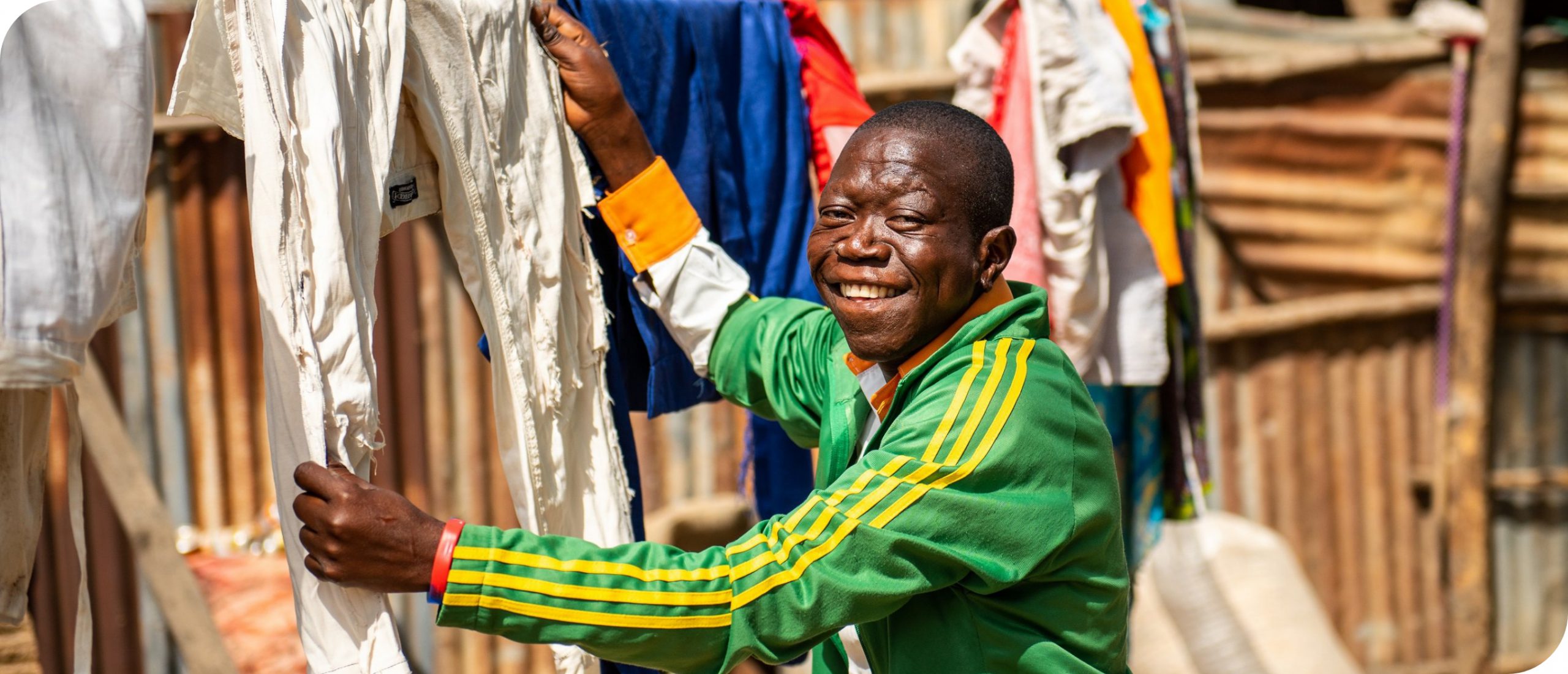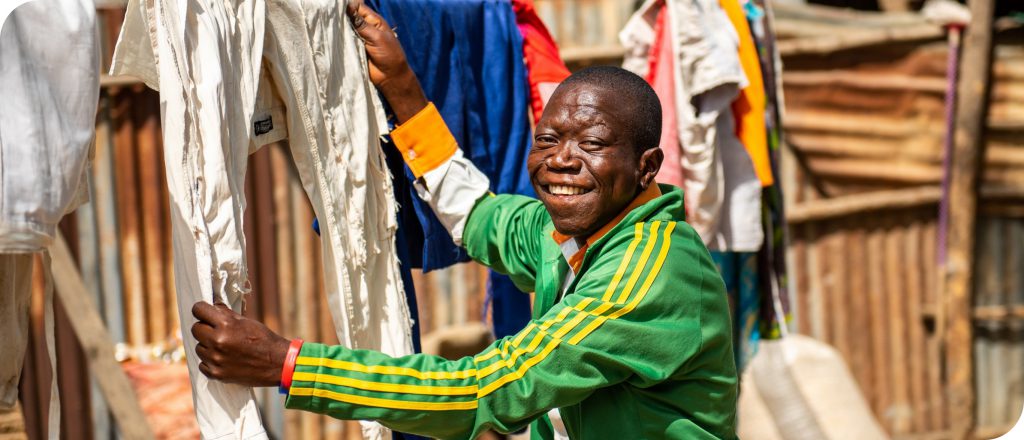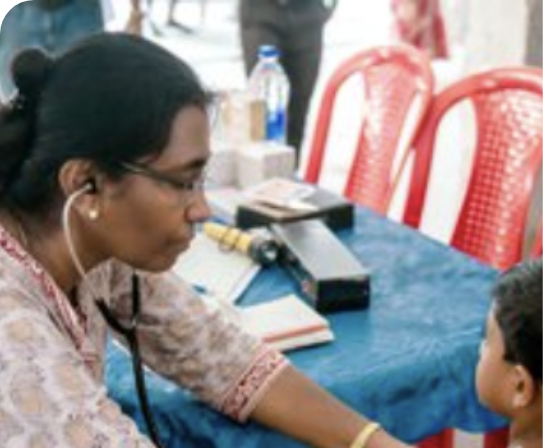Bangladesh declared the elimination of leprosy as a public health problem at the national level (<1/10,000) in 1998. This resulted in a significant reduction in financial and human resources for leprosy. In 2019, the Honorable Prime Minister declared “Zero Leprosy Initiative by 2030”. This created an opportunity for the leprosy actors in the country (WHO, ILEP, LTCC, CBOs) to work alongside the MOH to implement the necessary action to achieve a leprosy free Bangladesh. Key to this is the National Leprosy Control Strategy, which is currently under development, and should result in the allocation of financial resources for National Leprosy Program and local health system. There is limited or no designated funding for leprosy in the district and sub-district health programs. As a result, active case-finding initiatives and treatment follow-ups by Govt. local health departments are inadequate. National Leprosy Program (NLP) does not have the human and financial resources to conduct training for health staff, mass awareness, new case detection, refer people with leprosy complications and engage other sectors to support persons affected by leprosy. A health system strengthening approach is key to ensuring sustainable leprosy services, as is increasing the number of partners – civil society and private sector that are involved in leprosy control.
Country Strategy
Our next 5-year strategic goal is ‘Zero Leprosy through a responsive health and social system’. Leprosy is still endemic in some of the districts in Bangladesh, with community transmission still taking place in all corners of the country. With the Global Leprosy Strategy 2021-2030 and the WHO NTD Roadmap 2030, this is an exciting time in the leprosy world. For the first time, interruption of transmission is something we can dream of and we have the tools to make this dream a reality. In this 5-year period, TLMI-Bangladesh (TLMI-B) will take the necessary steps with our leprosy control program and our research program to reduce community transmission. TLMI-B will contribute to an Integrated country-owned leprosy program for ensuring treatment and care from case detection, strengthening the capacity and resourcefulness of the National Leprosy Program (NLP) in relation to its coordination with leprosy & other actors, other government departments. This means a deliberate investment of funds and human resources. As we focus on interrupting transmission, we recognize that there are a large number of persons affected living with the physical, mental, social and economic consequences of leprosy. So, we will intensify efforts to monitor and treat complications both during MDT, but more importantly, after release from treatment. This will enable leprosy impairments to be prevented, and those that cannot be prevented will be detected earlier and managed appropriately. Leprosy research is a key pathway towards ending transmission. For many persons affected by leprosy, poverty and social exclusion are a reality. With the economic situation in Bangladesh facing challenges with post-pandemic effects those living on the margins are affected worse than others. So, we will strengthen our community-based work to promote sustainable livelihoods and improve resilience, using the learning we have gathered across all TLMI-B Programs.

